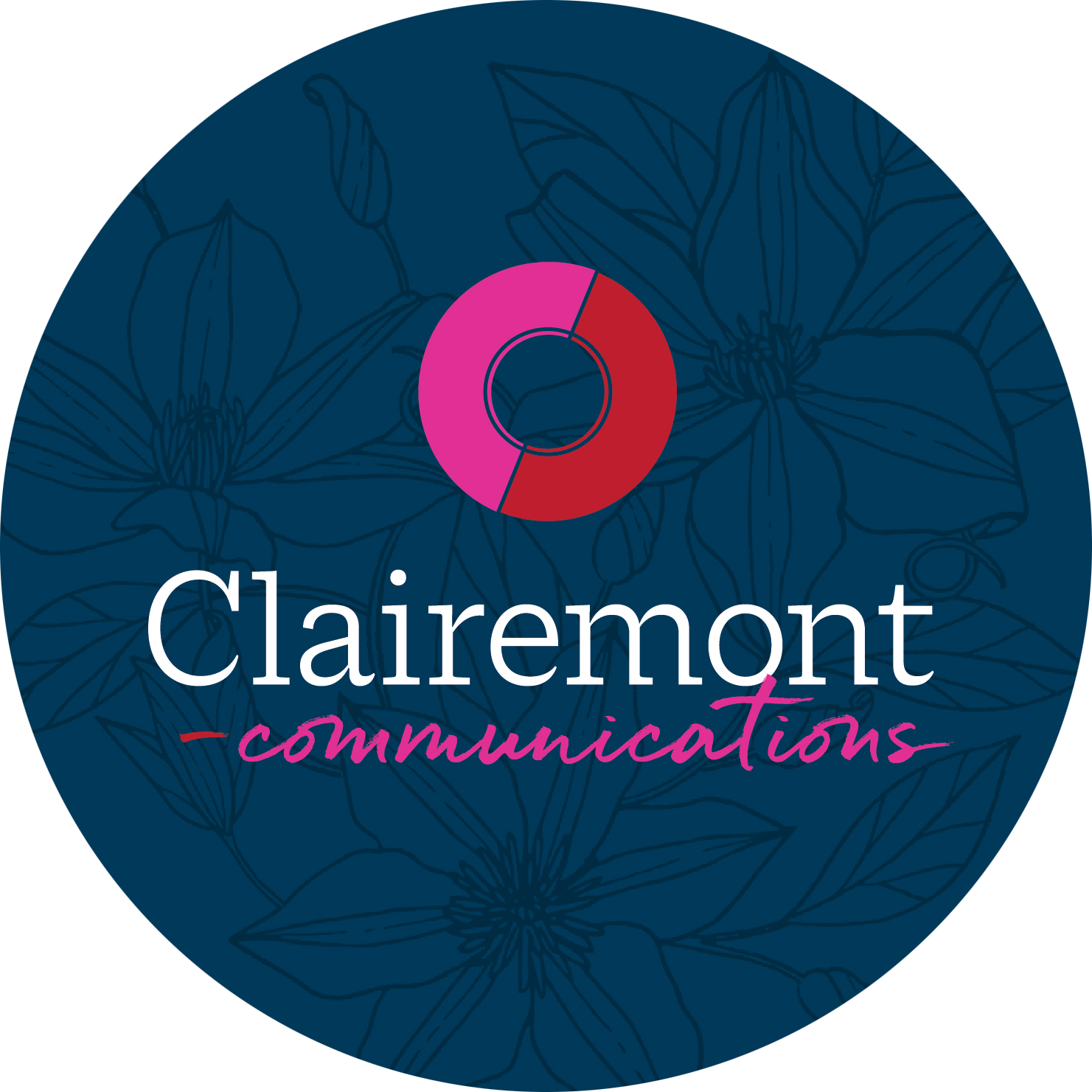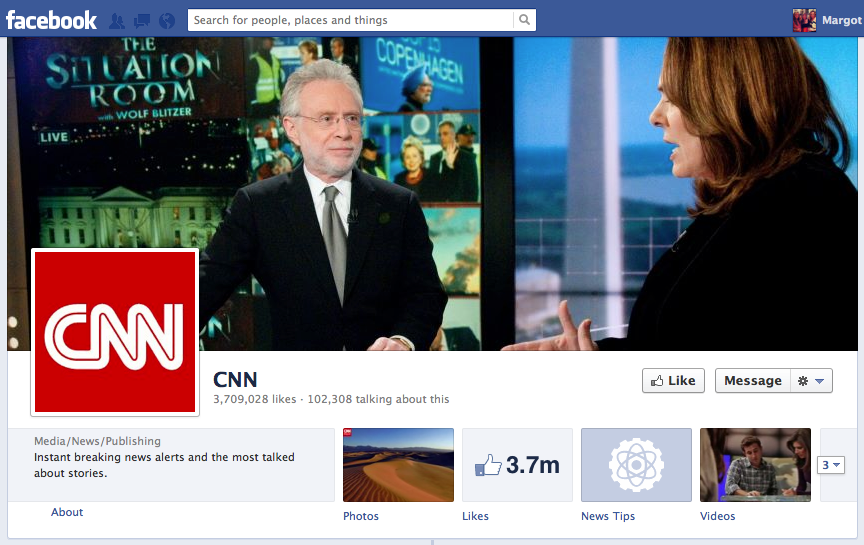With campaign season gearing up, our intern Emily delved into how social media will change the presidential election — again (a la 2008). Enjoy!
In today’s age of ever-growing digital collaborations, CNN and Facebook are the newest digital duo. The pair has announced a new partnership including a Facebook app that focuses on users’ political stances during the 2012 election.
The partnership will have Facebook monitoring what people are saying about the election, in addition to a much anticipated “I’m voting” Facebook app. According to CNN and Facebook, the app will “enable people who use Facebook to commit to voting and endorse specific candidates and issues. Commitments to vote will be displayed on people’s Facebook timeline, news feed and real-time ticker.”
So what does this mean for the election, users, PR and advertising? For years, analysts have stressed the importance and necessity of young voters. Combing two of the biggest media brands, Facebook and CNN, has the potential to change the outcome of the election. Facebook’s overwhelming popularity with Millennials is astronomical, and research consistently shows that information uploaded to social media sites can influence people within each other’s networks and beyond.
With the possibility of millions of young adults using this app, users will be consequently displaying their voting preferences to a huge network of friends. Friends will now be able to see when and where each person is voting along with their political opinions. Even more so, this information will be compiled for larger surveys that will give the nation and candidates an idea of what constituents are thinking. Insights will provide candidates with crucial information surrounding what they should change about their campaigns. And, most importantly, the chance of a positive influence and calls-to-action for young adults to go vote is definitely a possible effect.
The partnership is also changing the landscape of campaign advertising. By default, a user will become even more of a grassroots advocate for candidates by sharing personal voting preferences with his networks. This unprecedented reach far exceeds the traditional scope of word-of-mouth when conveying political views. It even blows traditional social media reach out of the water. Using this app will let the entire nation know what the Facebook community thinks and changes the democratic system by bringing candidates and voters closer together.
Nonetheless, people have voiced concerns about the continued unpopularity of Facebook apps. However, this is an unprecedented app involving one of the most important elections in history. But, only in the next few months will we be able to see the true potential and popularity of this new campaign. Despite the concerns, there is no question that the partnership has a lot of potential and is leaving many voters eager to participate.
Here’s to hoping that the newest launch will finally have young voters “rocking the vote.”

